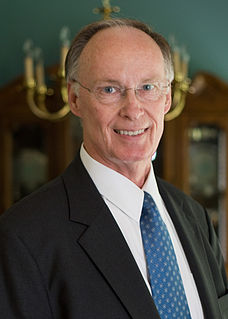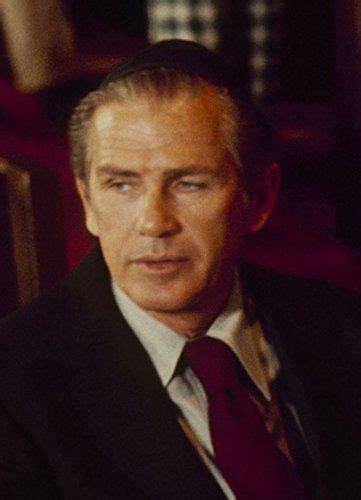A Quote by Tom Fitton
It's hard for people who obey and respect the law to keep their heads from exploding in the face of affronts to common sense and the rule of law.
Related Quotes
In a democracy - even if it is a so-called democracy like our white-?litist one - the greatest veneration one can show the rule of law is to keep a watch on it, and to reserve the right to judge unjust laws and the subversion of the function of the law by the power of the state. That vigilance is the most important proof of respect for the law.
My theory is that everything went to hell with Prohibition, because it was a law nobody could obey. So the whole concept of the rule of law was corrupted at that moment. Then came Vietnam, and marijuana, which clearly shouldn't be illegal, but is. If you go to jail for ten years in Texas when you light up a joint, who are you? You're a lawbreaker. It's just like Prohibition was. When people accept breaking the law as normal, something happens to the whole society, you see?
Dubai was brilliant, they looked around the world. They saw Hong Kong, Singapore, New York, Chicago, Sydney, London all ran British common law. British common law is much better for commerce than is French common law or sharia law. So they took 110 acres of Dubai soil, put British common law with a British judge in charge, and they went from an empty piece of soil to the 16th most powerful financial center in [the] world in eight years.
Democracy only has substance if there's the rule of law. That is, if people believe that the votes are going to be counted, and they are counted. If they believe that there's a judiciary out there that will make sense of things if there's some challenge. If there isn't rule of law, people will be afraid to vote the way they want to vote.
We [Americans] inherited British law, which is like the new "reforms" that are being made now, in the sense that people are permanently entrapped in debt, if they once fall into bankruptcy. The reason that the law was changed in American history - the whole early period of the formation of the country was moving away from British law into a law that is generated here and that conforms to the sense of what is appropriate here.
No society can exist if respect for the law does not to some extent prevail; but the surest way to have the laws respected is to make them respectable. When law and morality are in contradiction, the citizen finds himself in the cruel dilemma of either losing his moral sense or of losing respect for the law, two evils of which one is as great as the other, and between which it is difficult to choose.
Jurors have found, again and again, and at critical moments, according to what is their sense of the rational and just. If their sense of justice has gone one way, and the case another, they have found "against the evidence," ... the English common law rests upon a bargain between the Law and the people: The jury box is where the people come into the court: The judge watches them and the people watch back. A jury is the place where the bargain is struck. The jury attends in judgment, not only upon the accused, but also upon the justice and the humanity of the Law.






































